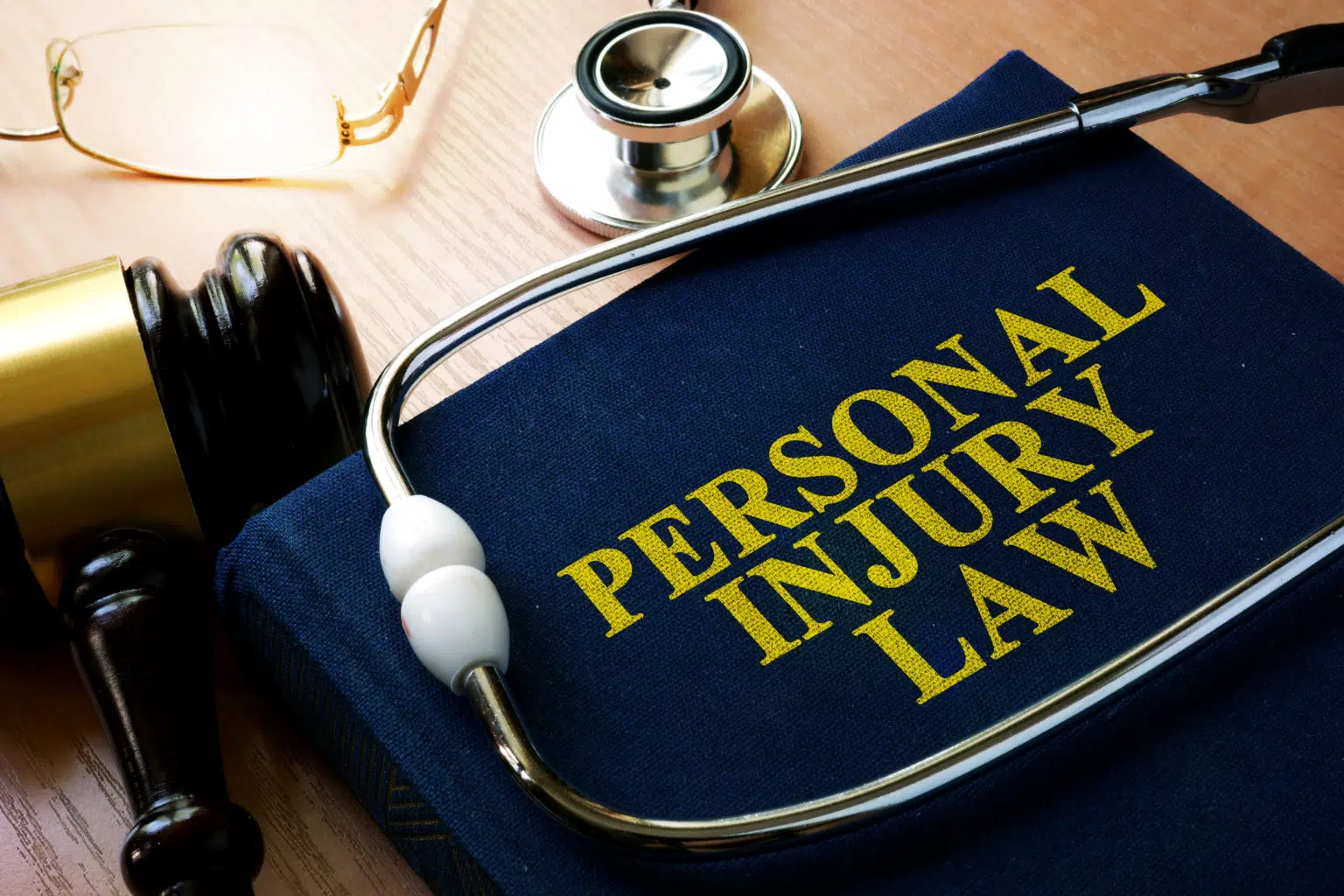
Selecting the right lawyer for your personal injury case is challenging. One of the last things you’d like to do when recovering from an accident is worrying about whether an attorney will attempt to shrink your finances to their advantage or how difficult it is to bring a lawsuit. If you’re looking for an attorney for personal injury, knowing the best you should ask them can aid you in getting the guidance, care, and compensation you’re entitled to.
1: How Much Will This Cost Me?
The Reason:
The fees and rates for attorneys differ from firm to. Understanding how a company prices its services at the beginning is crucial. For instance, some firms provide free consultations, whereas others charge a consultation fee. Some lawyers offer hourly rates or flat fees (meaning that the price is decided in advance at the time of signing) or make an amount of the final results as legal costs. Some lawyers will charge you even when they win the case, while others only charge when they succeed.
The Benefit:
Finding the best firms that fit your budget is an excellent discussion base. It will also allow you to gain an understanding of the values of the firm. For instance, we utilize contingency fee pricing, which means that our clients only pay a cent if we prevail since we believe everyone deserves access to top-quality counsel regardless of their economic situation. Different pricing models have their advantages and disadvantages. So, talk to your lawyer about why they charge their services according to a specific method when discussing charges.
2. Do you have Previous experience with cases like this?
The Reason:
Finding a lawyer experienced in your particular situation is essential. There are many kinds of personal injury lawsuits, and an attorney specializing in product liability or premises liability cases might be a better option in a trucking crash case.

The Benefit:
A lawyer familiar with the specific kind of injury you suffer has extensive experience in the legal system as well as medical experts and insurance companies involved in your case. This gives you an edge when trying to maximize your compensation.
3: Can You Tell Me About a Time You Handled a Similar Case?
The Reason:
This question is a sequel to the first one. Sometimes, lawyers may claim to be experienced with an injury they’re not familiar with firsthand dealing. Still, more is needed by asking for an example to assess an attorney’s knowledge concerning similar cases to yours.
The Benefit:
The effects of injuries differ depending on the individual. An attorney who has personal experience with specific injuries will be able to recognize things that a less experienced lawyer would not. For instance, they could examine a car crash victim for signs of a traumatic head injury (TBI) because they recognize the symptoms of a concussion that a less experienced lawyer might miss.
A lawyer with experience will do more than put you in the hands of a professional and increases the chances of receiving the proper treatment for any injuries you may have.
4: Do You Have Testimonials? Do I have the opportunity to speak with an old client?
The Reason:
This is more than just an opportunity to talk to someone who was a previous client. Still, it also allows you to see how confident your lawyer is in putting you in contact with a. If an attorney claims to have handled hundreds of cases but cannot locate a single person willing to praise the firm, that could be an indicator of red flags.
The Benefit:
A conversation with a former client directly can do more than aid in assessing an attorney’s abilities – it will also give you an insight into how your case will proceed. If you have a conversation with another client who has suffered similar problems, They can help you determine what to expect following the signing.

5: Who’s Going to Handle My Case? How Often Will I Get Updates?
The Reason:
Different firms handle case management in different ways. Some lawyers prefer to handle cases on their own. Others work with teams comprised of lawyers, including Legal assistants, paralegals, and case managers, who manage the majority of interactions with clients.
Each type has its advantages and disadvantages. An attorney who can be there for your needs may be beneficial. However, they could also reduce contact with you more than you’d like if they handle other cases. However, a team in your case could provide you access to more frequent information. Ideally, you’ll want a company that offers personal access to attorneys but still has a team to handle general updates on your case and other information.
The Benefit:
Everyone has a unique communication style and personal preferences. Consider what is most important to your needs, and try to find an attorney or company that fits your preferred style of handling cases. The feeling of being “in the know” can aid in reducing the stress of waiting for an agreement or getting ready for trial.
6. How Do I Contact You?
The Reason:
In the event of an emergency, or you’re looking to talk to your attorney about doing something, knowing that you’ll be able to contact them quickly is vital.
The Benefit:
A way to constantly contact your lawyer can provide assurance. For instance, we at Partners give clients access to personal cell phones. A meeting with a case coordinator is helpful. However, often, it is necessary to have a private appointment with a lawyer to ensure the direction your case is heading.
7: Do you anticipate any problems with my case?
The Reason:
The earlier you are aware of any potential problems with your situation, the earlier you’ll be able to prepare for these issues.
The Benefit:
Understanding what your attorney considers obstacles in your case allows you to create a strategy that addresses the problems. In personal injury, this could include organizing specific procedures and working alongside medical professionals other attorneys might have missed or needed more resources to offer.
8: How Long Could It Take to Resolve My Case?
The Reason:
It’s an esoteric question, as the most likely answer is “I don’t know.” Personal accident cases can take anywhere in the range of months or years to settle. However, asking this question will give you a sense of what an attorney thinks about your case.

The Benefit:
It’s much better to hire an honest attorney rather than one who is a fraud. The worst thing that can happen is receiving what appears to be a false claim, and then you’ll have to scratch the name of an attorney from your list. In the best-case scenario, you could come out with a more or less definitive (or, at the most minimum truthful) answer with solid argumentation.
9: What Happens if I Don’t Want to Settle?
The Reason:
Many attorneys looking to clear their cases (usually those with too many issues in the first place) will accept any settlement offers they receive. This is an excellent way to determine how eager an attorney is to continue pushing to get a better outcome or even taking your case to trial, despite the offer of an adjuster from insurance.
The Benefit:
Counting on an attorney willing to get the result you think you are entitled to, even if it’s not the easiest to achieve, is crucial. Finding an attorney who truly values your best interests will make the legal process less stress-inducing.
10: What Happens if I Lose My Case?
The Reason:
Everyone doesn’t want to think about being denied their rights, yet it’s essential to be aware of the possibility and know what you should be prepared for if the court is to make a ruling against you.
The Benefit:
Most personal injury cases conclude with a settlement, which means that the chances of a ruling from a judge against you are comparatively low but possible. Knowing how your lawyer is likely to respond, should you lose or receive a negative result, can strengthen your choice to work with the attorney (or, in some instances, even refuse to).
Find attorneys who understand It.
At Wilshire Law Firm, we’re dedicated to giving our clients the guidance and attention they need and deserve. When you choose to work in partnership with us, it’s possible to have access to more than just a lawyer – you get an entire team of professionals in law, along with medical professionals and lawyers who will work continuously for the best result in your case.



